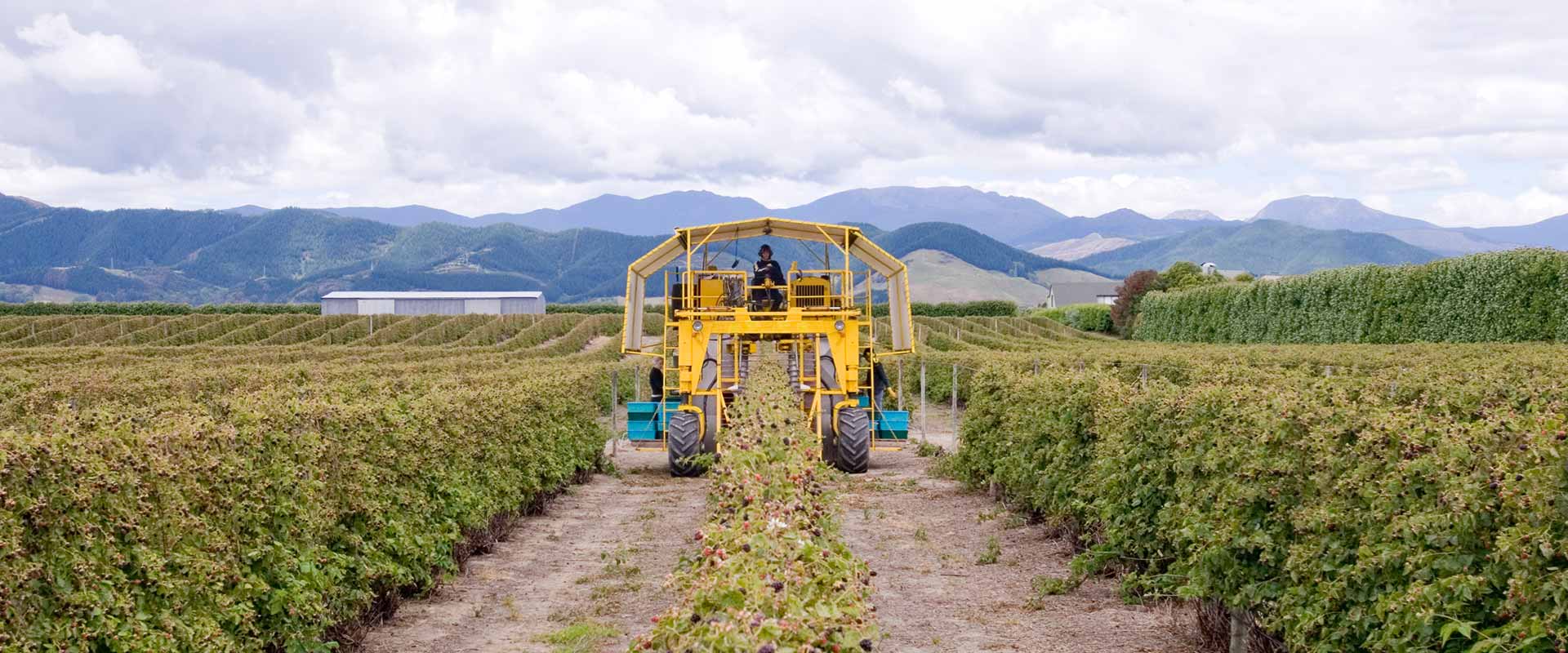Tauutuutu White Paper: Executive Summary
August 2021
There is a new class of Māori agri-food enterprises operated by successful land trusts, incorporations, and iwi corporations that are becoming known nationally for their environmental leadership, social responsibility, innovation, and profitability. From a Western cultural perspective, these enterprises are thought to embrace a quadruple bottom line approach characterised by environmental stewardship, social responsibility, intergenerational wealth creation, and cultural revitalisation. While to some extent this is true, the indigenous values that these enterprises operate from are based on a deeper foundation, a foundation that also underpinned pre-European landmanagement patterns and economic systems of production. This white paper is a discussion of this deeper foundation, represented by the ethic and practice of Tauutuutu.
Tauutuutu is an indigenous way of thinking and acting that encourages communities and enterprises to make continual and growing investments, in terms of time and resources, into social and environmental relationships. Tauutuutu encourages returns from these investments to be distributed equitably, creating a virtuous circle, while at the same time motivating individual innovation and entrepreneurship. It also expands awareness of the connections and relationships between people and their environment, which encourages the adoption of new technologies and approaches for sustainable land management, productive activity, and enterprise formation.
It is contended that the broad extension of Tauutuutu thinking beyond Māori agri-food and forestry enterprises to our land-based industries in general would generate significant positive environmental, economic, and social impacts. The active extension of Tauutuutu as a national approach presents the opportunity of indigenising our land-based production sectors, creating an agro-economy built on mutually-beneficial relationships within farms, across catchments, with wider communities, and with the environments in which they operate.
Think piece prepared for Our Land and Water
 View Our Strategy Document 2019 – 2024
View Our Strategy Document 2019 – 2024



